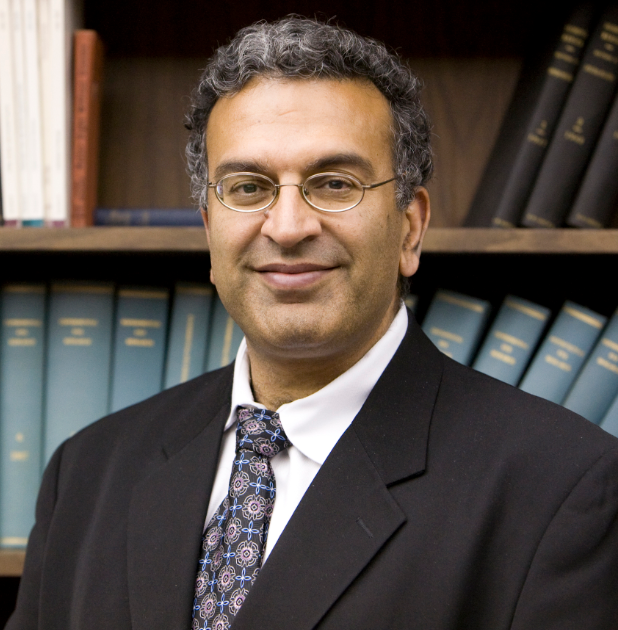Shalesh Kaushal, MD, PhD

Dr. Shalesh Kaushal, MD, PhD, obtained his BS degree at Yale University in Molecular Biophysics and Biochemistry. Subsequently, he completed his MD at Johns Hopkins and PhD at MIT with the Nobel Laureate Dr. Har Gobind Khorana. He then completed his residency at the Doheny Eye Institute/USC Department of Ophthalmology and his surgical retina fellowship at the Washington University St. Louis/Barnes Retina Institute. He then spent an additional year at Moorfields Eye Institute and at the Institute of Ophthalmology in London.
While at the University of Florida, he was the Richardson II Chair and head of the retina division. Dr. Kaushal established the clinical and surgical retina division, recruited physicians, trained residents, surgical fellows as well as mentored undergraduates, medical students, graduate students, post-docs in his research lab. Further, he organized an annual retina symposium and that attracted many key leaders both in the US and internationally. During that time, he established and became the Director of the Charlie Mack Overstreet Laboratory for Retinal Therapies. He was recruited to the University of Massachusetts in 2009 as the chairman built a brand new Eye Center and the first new academic department of ophthalmology in the United States in over 25 years. Besides these academic pursuits, he is the founder of three biotech companies and has been a consultant for most of the leading ophthalmic pharmaceutical companies. He returned back to Florida two years ago.
The thrust of Dr. Kaushal’s basic research is to understand the cellular, molecular and biochemical events that cause retinal and macular degeneration. Collectively, the major research projects in his lab couple biochemical, small molecule and genetic approaches to understanding these important retinal diseases. Some of this work has lead to novel, physician initiated clinical trials.
More recently, his research has led to the identification of certain nutraceuticals to mitigate common retinal diseases like macular degeneration and diabetic retinopathy. This has led him to further understand the direct role of nutritional biochemistry in controlling the structure and function of the retina.
